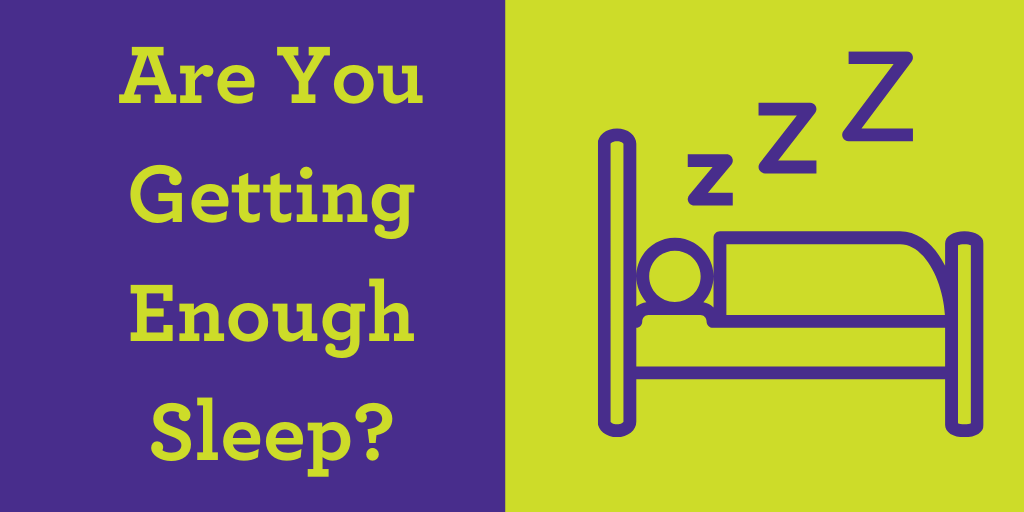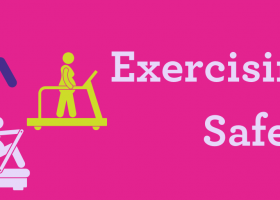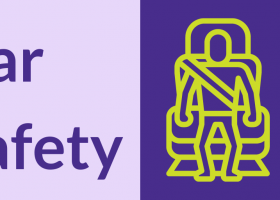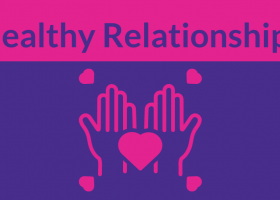Are You Getting Enough Sleep?

The Importance of a Good Night’s Sleep
Turn off the TV, put down the cell phone, and get your beauty sleep! You’ll never hear someone say “I wish I hadn’t slept so well last night.” Getting enough sleep is one of the best things you can do for your body.
Most adults need about 8 hours of sleep each night. It helps your body repair itself and prepare to handle the stress of everyday life. With a full night’s sleep, you wake up refreshed, energized, and ready to take on the day.
Benefits of a Full Night’s Sleep:
- Time to restore. Your body has time to repair and restore itself.
- Clear mind. A clear mind means you can focus better during the day. You are more alert. You are less forgetful. You can also spend more time on a task.
- Happy. Getting enough sleep puts you in a better mood.
- More energy. You have more energy and feel less tired during the day.
- Less stressed. Sleep can reduce stress and help you feel less depressed.
- Work through issues. Dreaming helps your mind work through problems you may have. It also helps you to remember what you learned throughout the day.
- Be your best. You look and feel better.
Problems with not getting enough sleep:
- Feel groggy. You feel slow, tired, and not your best.
- Bad mood. You may be moody and negative.
- Your work suffers. You don’t do as well at work or school.
- Less enjoyable. You enjoy life less, and people don’t enjoy being around you.
- Slowed reactions. You have a slower response to what’s going on around you. This can be dangerous when you are driving.
- Feel sick. Lack of sleep can make you not feel well.
- Can’t concentrate. You are unable to concentrate or pay attention for long amounts of time.
If you are having trouble falling asleep at night:
- Make a routine. Set a regular bedtime. Going to bed at the same time tells your body it’s time to go to sleep. Make a routine of things you do in preparation for bed like take a shower, stretch and brush your teeth. This will help you wind down to go to sleep.
- Limit caffeine. Avoid caffeinated drinks after 4 p.m. This includes coffee, pop, energy drinks, and caffeinated teas. You also won’t have to wake up to go to the bathroom if you drink less before bed.
- Don’t drink or smoke. Not drinking or smoking in the evening may help you sleep better. Drinking alcohol in the evening can make you feel restless when you try to sleep. The nicotine in cigarettes is a stimulant, which wakes your body up.
- Unwind. Help your body and mind calm down before bed. If you’re stressed about something, talk to someone or write down your worries. Or try taking a bath to relax.
- Relax your mind. Avoid anything right before bed that makes your mind and heart race. These include movies, television, or books that are violent or scary.
- Don’t nap too much. Naps longer than 30 minutes during the day or too close to bedtime may keep you from falling asleep later.
- Clean your room. A clear space leads to a clearer and more relaxed mind.
- Exercise. Working out during the day can relieve stress. It helps your body fall asleep at night.
Local Resources:
- Sleep Disorders Center– Henry Ford Health System. You can schedule an appointment with a sleep disorder specialist by calling (313) 916-4417.
- Children’s Sleep Center– Children’s Hospital at DMC. 313-745-KIDS or 1-888-362-2500
- Sleep Medicine– Detroit Medical Center. 1-888-DMC-2500




